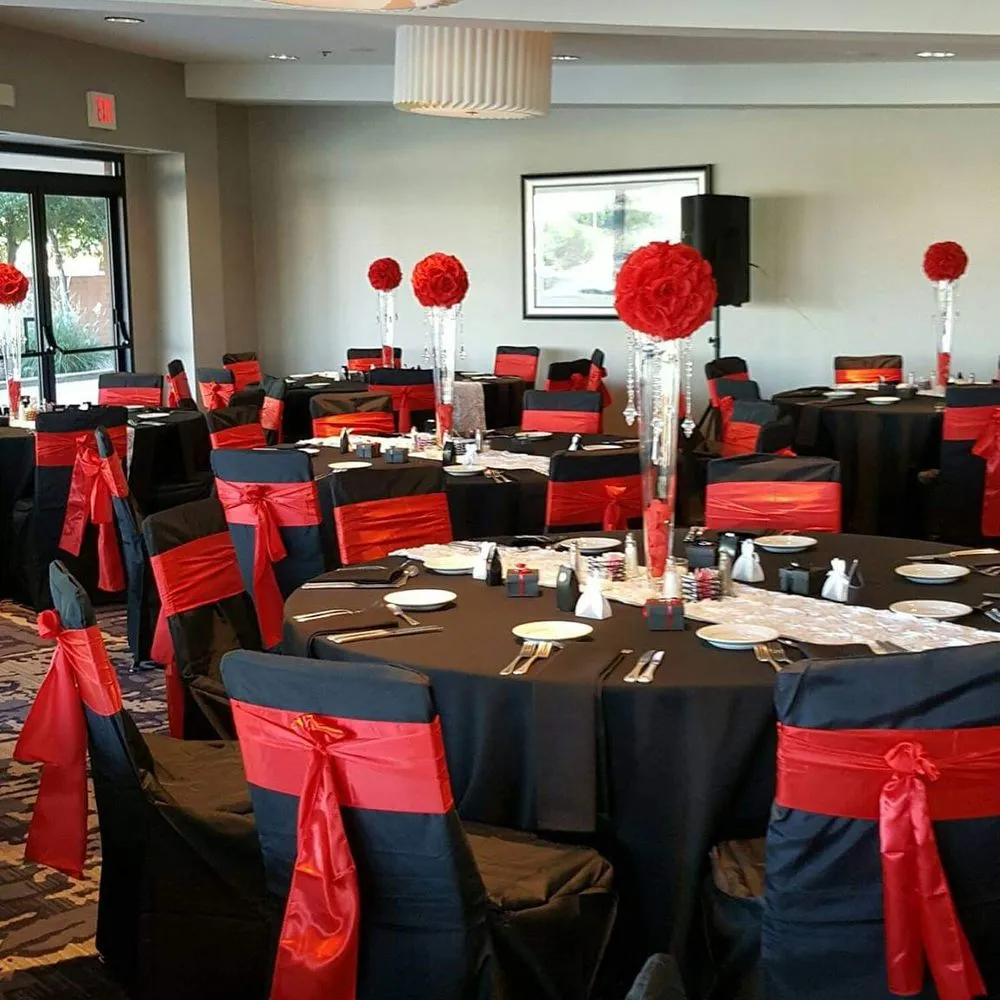When juggling multiple events, how do you keep communication crystal clear amidst the chaos?
As an event planner, effective communication is the cornerstone of success. It’s essential to keep all stakeholders informed, aligned, and satisfied throughout the planning process. Here are some strategies I’ve found invaluable:
1. Establish Clear Communication Channels:
- Primary Contact: Designate a primary contact for each client to streamline communication.
- Preferred Method: Determine the client’s preferred communication method (email, phone, or video calls).
- Regular Check-Ins: Schedule regular check-ins to discuss progress, address concerns, and make adjustments.
2. Use Project Management Tools:
- Centralized Platform: Employ tools like Asana, Trello, or Basecamp to track tasks, deadlines, and progress.
- Shared Documents: Store event materials, contracts, and correspondence in a shared workspace.
- Notifications: Set up notifications to keep everyone informed of updates and changes.
3. Document Everything:
- Detailed Plans: Create comprehensive event plans outlining timelines, budgets, and responsibilities.
- Meeting Minutes: Record key decisions and action items from client meetings.
- Email Communication: Maintain a record of all email exchanges for reference.
4. Proactive Communication:
- Regular Updates: Keep clients informed of progress, challenges, and potential solutions.
- Anticipate Needs: Stay ahead of client expectations and address concerns before they become issues.
- Be Transparent: Communicate honestly about any challenges or changes.
5. Effective Listening:
- Active Listening: Pay close attention to client needs and feedback.
- Ask Questions: Clarify any uncertainties to ensure understanding.
- Summarize Key Points: Recap discussions to confirm understanding.
6. Leverage Technology:
- Event Apps: Use event apps to facilitate communication, distribute information, and collect feedback.
- Video Conferencing: Utilize tools like Zoom or Microsoft Teams for remote meetings.
- Messaging Platforms: Maintain open lines of communication through platforms like Slack or WhatsApp.
7. Build Trust:
- Reliability: Consistently deliver on promises and meet deadlines.
- Transparency: Be honest and open about challenges and limitations.
- Empathy: Show understanding and compassion for client needs.
By implementing these strategies, you can effectively manage communication, build strong client relationships, and deliver successful events.

